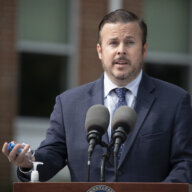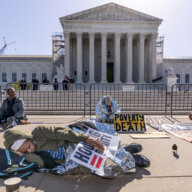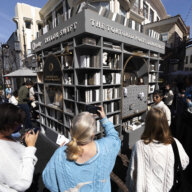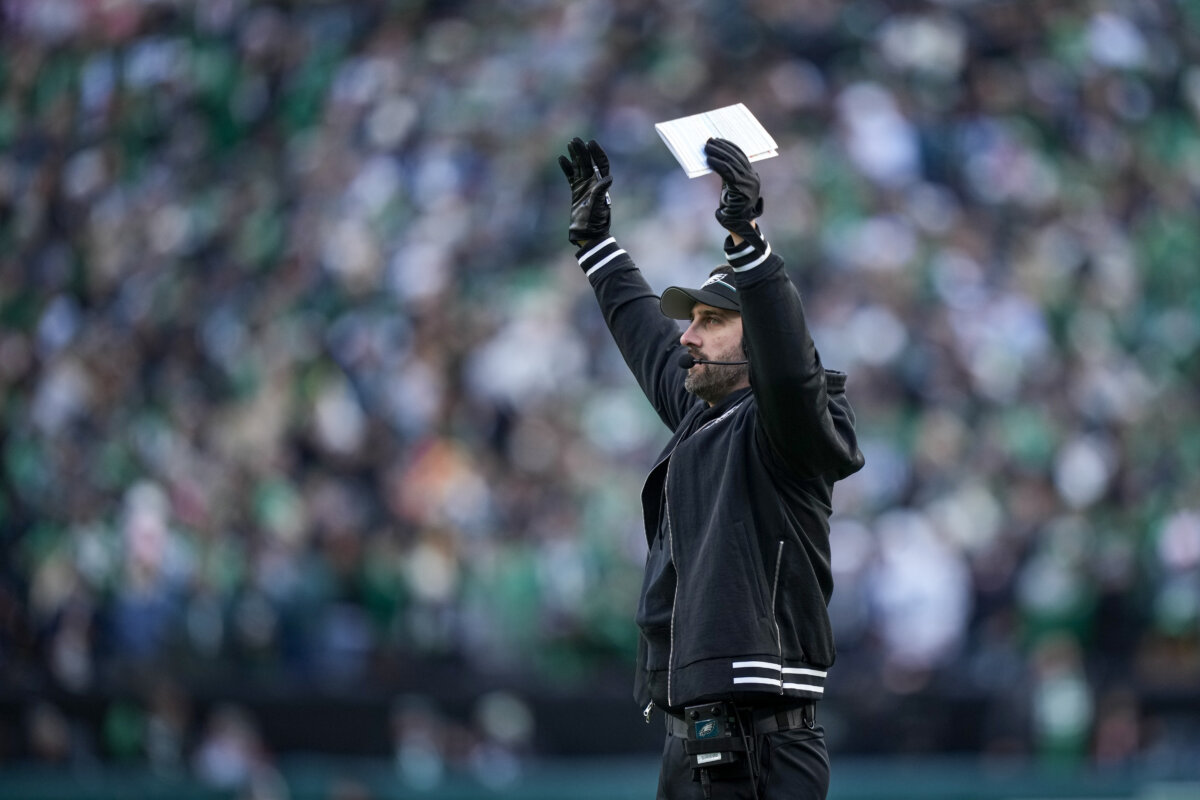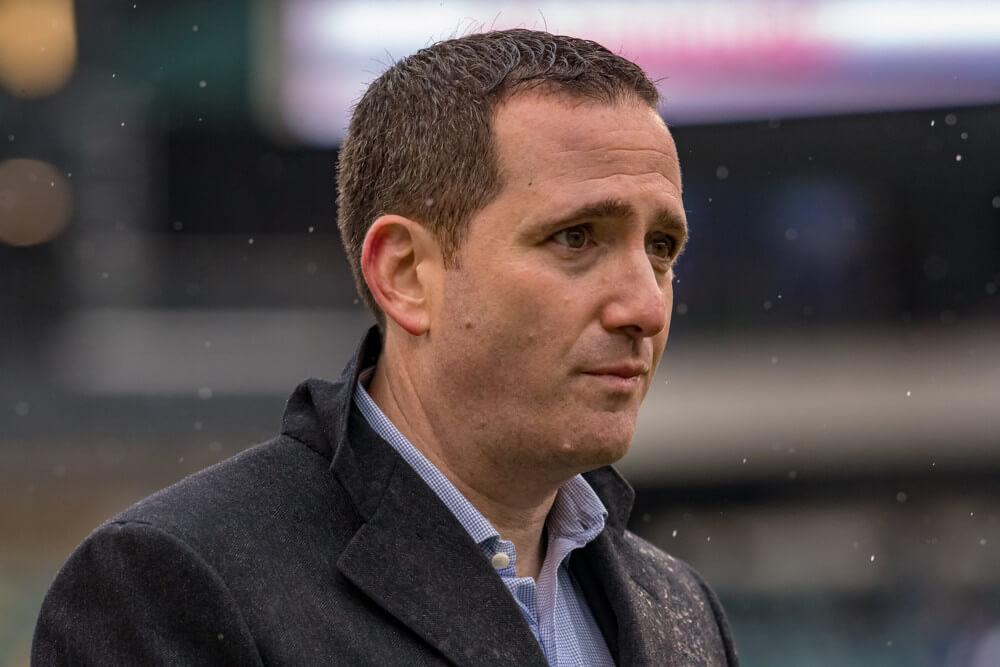The case attempting to link a since-closed Rohm and Haas chemical plant in Ringwood, Ill., to a “brain cancer cluster” in a nearby village has quietly ground to a City Hall courtroom halt amid calls for a mistrial, summary judgment and purportedly misleading evidence.
Yesterday, a woman in Common Pleas Court Judge Allan L. Tereshko’s office said motions were pending, but referred questions to the attorneys. Willing to comment at first, spokespeople for both sides declined to speak since public comments are barred.
The jury was sent home in November before a widow who brought suit, along with 30 other victims, after her husband’s death could testify. The only thing a party close to the case would say this week was, “It’s not over.”
At issue in court filings is the testimony of Dr. Richard Neugebauer, an expert witness hired by the plaintiffs to prove a cancer cluster existed near the plant. Changes to his initial reports were called “tantamount to being fraudulent” before Tereshko halted the case.
In a 12-page declaration last month, Neugebauer responded, “Any intentional effort to deceive defendants as to the nature of the evidence … or to perpetrate a fraud would be pointless and frankly impossible.”
Tereshko could soon declare a mistrial, for which the plaintiffs have petitioned, or rule in Rohm’s favor. The case is being heard here because this is where Rohm was headquartered when suit was filed.
The arguments
At September’s opening arguments, attorney Aaron J. Freiwald — representing the widow of one of 17 plaintiffs diagnosed with malignant brain cancer in the small Illinois town of McCul-lom Lake — accused the Rohm plant of causing a “certifiable brain-cancer cluster” through air and groundwater contamination and waste disposal practices.
Rohm’s attorney Kevin Van Wart countered, “Unfortunately, many people die with cancer for reasons we just don’t know.”












